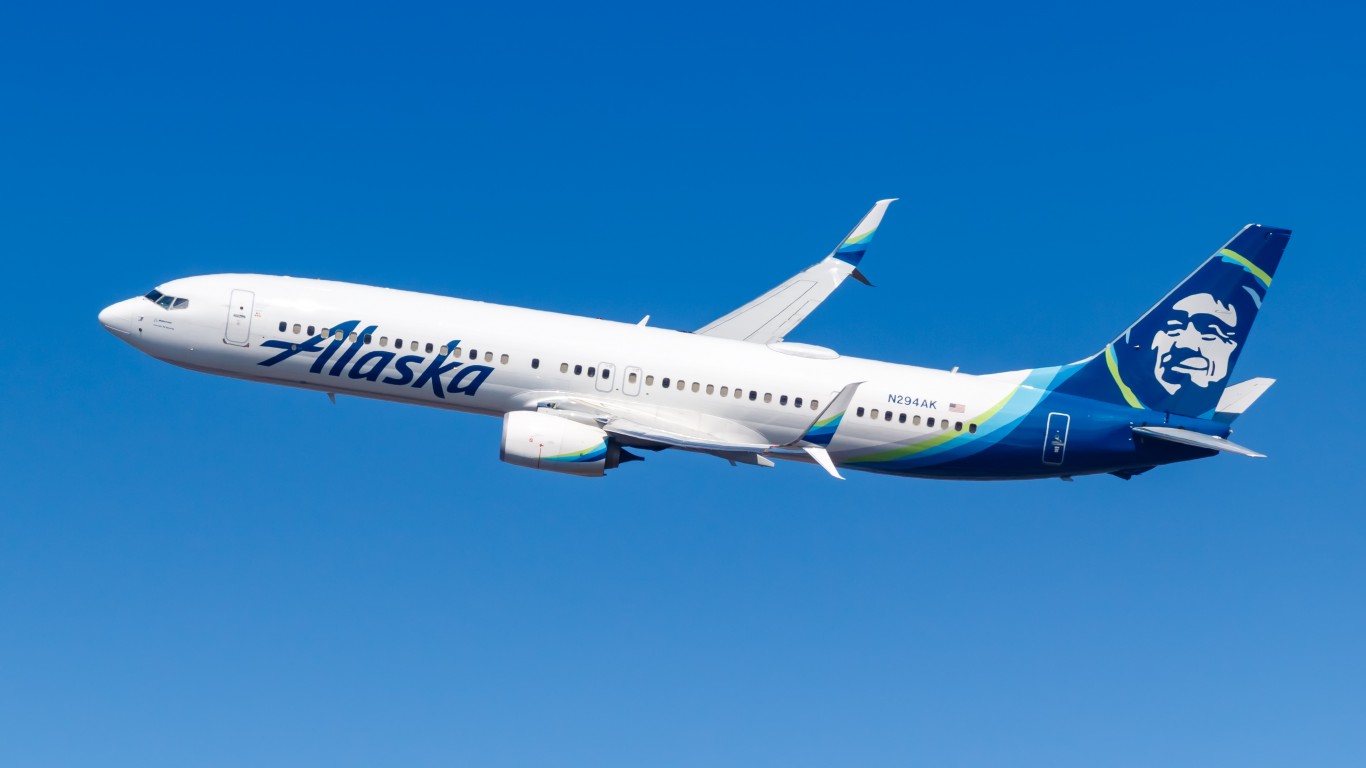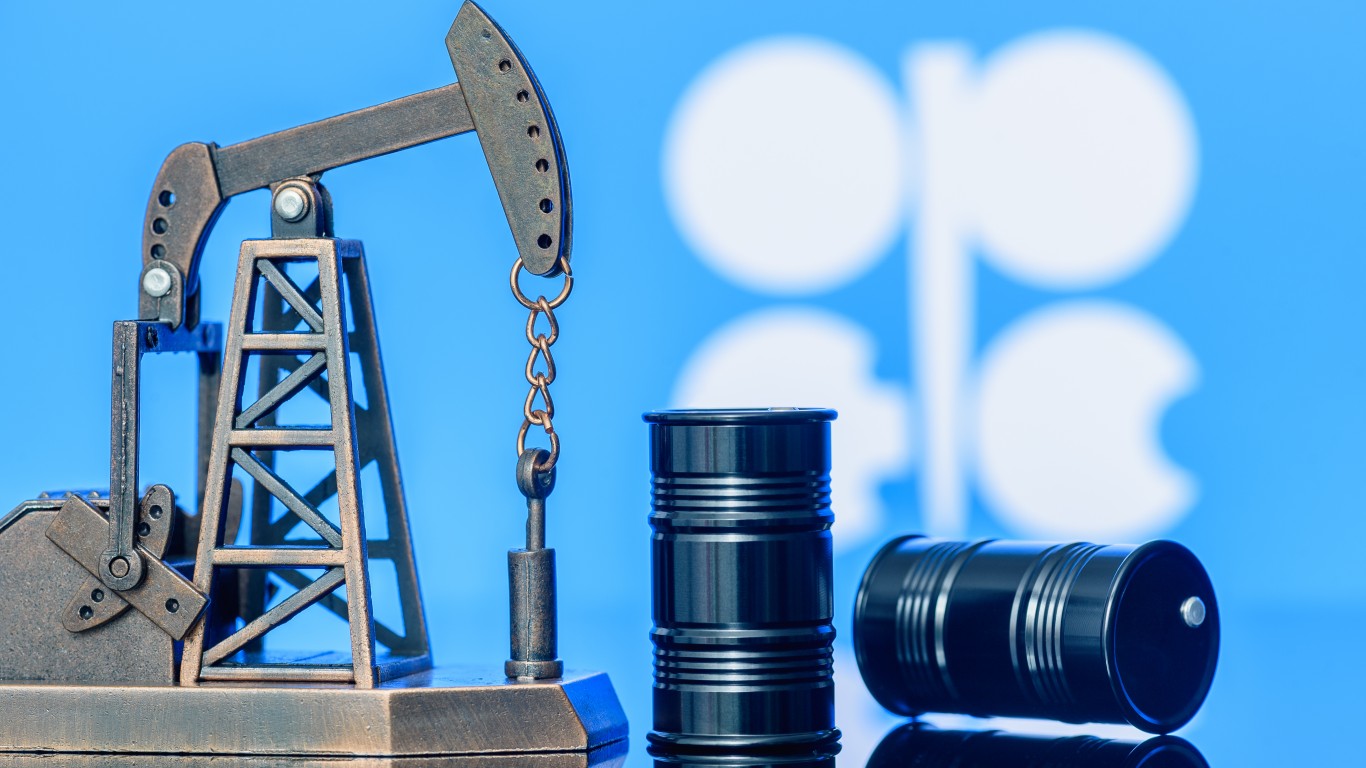
At 5:07 p.m. PT Friday, Alaska Airlines flight 1282 left Portland, Oregon, with 171 passengers and six crew members aboard. The flight was bound for Ontario, California. About six minutes after takeoff at an altitude of about 16,000 feet, a panel covering an unused exit blew. The airplane’s cabin immediately depressurized. The aircraft, a Boeing Co. (NYSE: BA) 737-9 (MAX-9), safely returned to Portland. Now, the questions begin.
On Sunday, Saudi Arabia announced price cuts for its crude, and OPEC production rose. What’s going on?
Boeing’s response

In the aftermath of Friday’s incident, Boeing issued a statement that the company agrees with and supports the Federal Aviation Administration’s decision “to require immediate inspections” of 171 in-service 737-9s with the same configuration. The door plug is used to seal an exit when the configured capacity of the plane is less than the maximum capacity of 220.
There was a time when Boeing could do just that. After two crashes that killed 346 people in 2018 and 2019, Congress essentially forced the FAA and Boeing to end the practice of letting Boeing decide when its planes were safe to fly.
That’s why the FAA grounded more than 100 of Boeing’s similarly configured 737-9 on Saturday. Alaska Airlines began inspecting the 65 737-9s in its fleet and determined that 18 of the planes were fit to continue flying. That’s when the FAA finally said no, not until the agency “can ensure that [Alaska Airlines’] inspections meet [the FAA’s] detailed requirements.”
The National Transportation Safety Board has begun an investigation of the incident, but the plane’s voice record of the incident was overwritten, prompting NTSB chair Jennifer Homendy to call for expanding the minimum time for storing cockpit voice recordings from 2 hours to 25 hours. The door plug was found in a Portland backyard.
Falling crude oil prices

Saudi Arabia on Sunday announced that it has reduced its official selling price for crude delivered in February. Saudi Aramco, the government-controlled oil company, cut prices by $2 a barrel across the board. Crude traded down by nearly 5% shortly after U.S. markets opened Monday.
News that OPEC produced more oil in December than its announced quota also weighed on prices. According to Reuters, increased production in Iraq, Angola, and Nigeria more than offset cuts by Saudi Arabia and other OPEC+ members.
Angola’s departure from OPEC on January 1 following a dispute over 2024’s production cuts. That removes about 1.1 million barrels a day, reducing OPEC’s daily production to about 27 million barrels a day.
Libya, another OPEC member, declared force majeure on Sunday at its largest field. Local protests over the oil have halted production of 300,000 barrels a day. So far, this is having little impact on global prices.
It’s Your Money, Your Future—Own It (sponsor)
Are you ahead, or behind on retirement? For families with more than $500,000 saved for retirement, finding a financial advisor who puts your interest first can be the difference, and today it’s easier than ever. SmartAsset’s free tool matches you with up to three fiduciary financial advisors who serve your area in minutes. Each advisor has been carefully vetted and must act in your best interests. Start your search now.
If you’ve saved and built a substantial nest egg for you and your family, don’t delay; get started right here and help your retirement dreams become a retirement reality.
Thank you for reading! Have some feedback for us?
Contact the 24/7 Wall St. editorial team.





